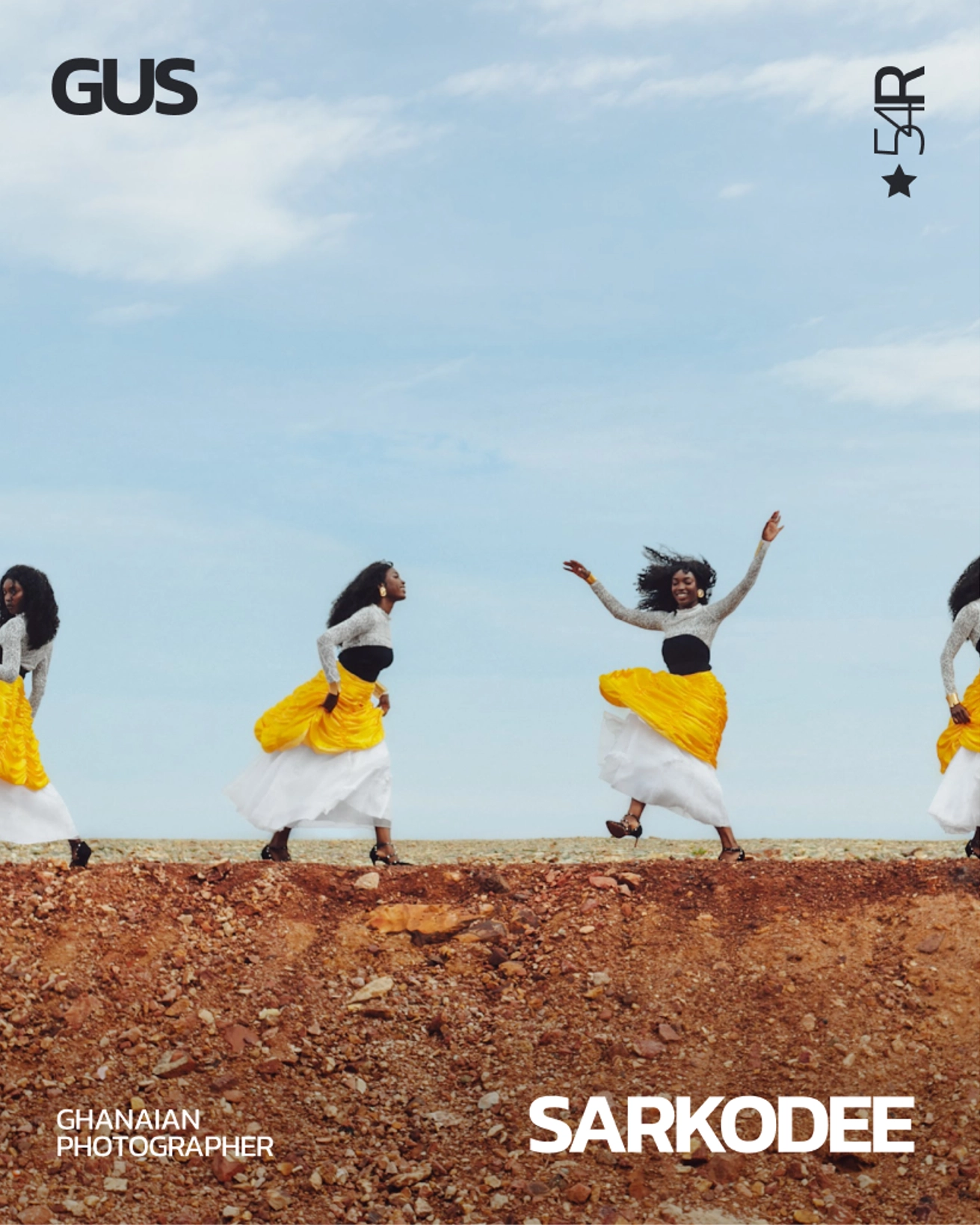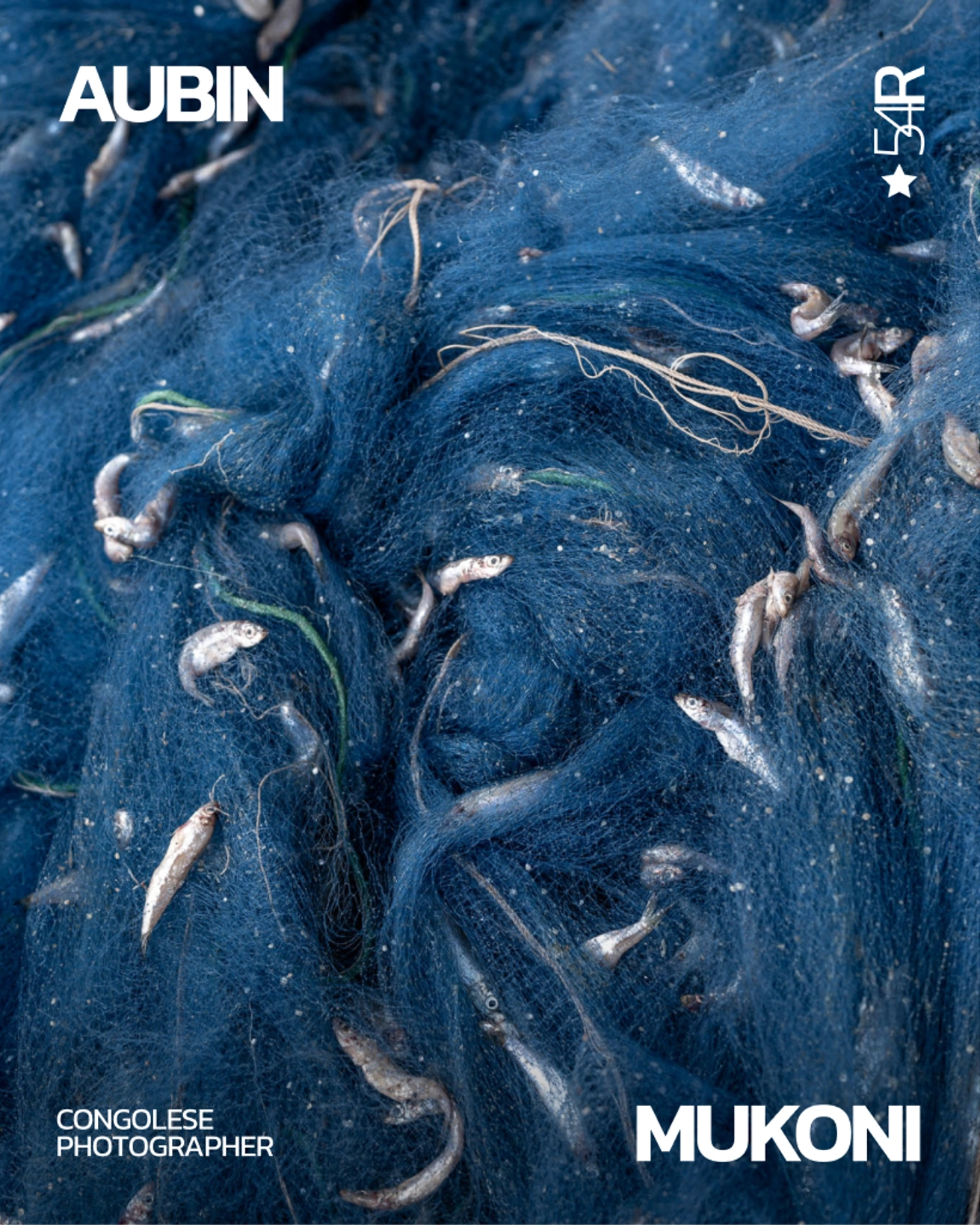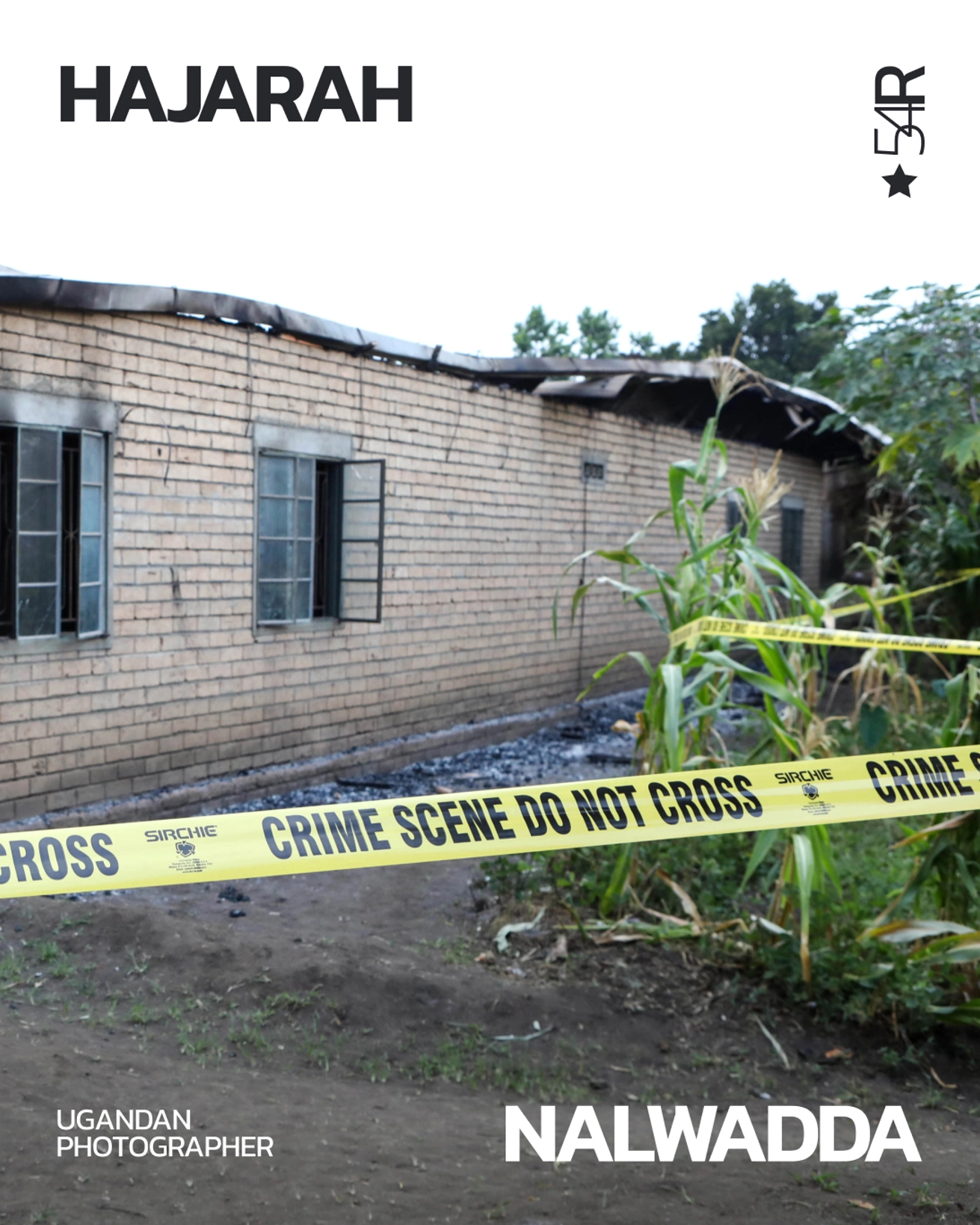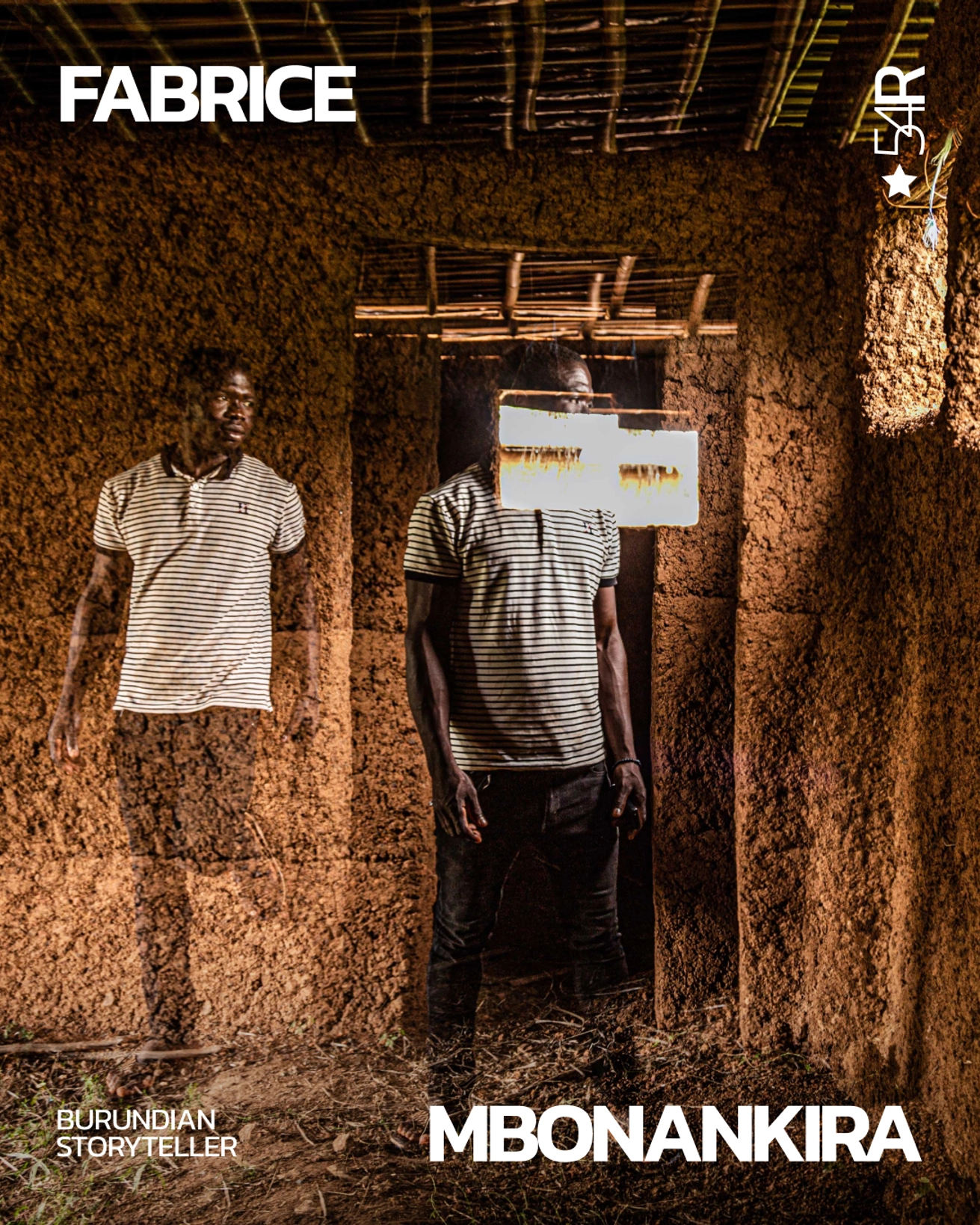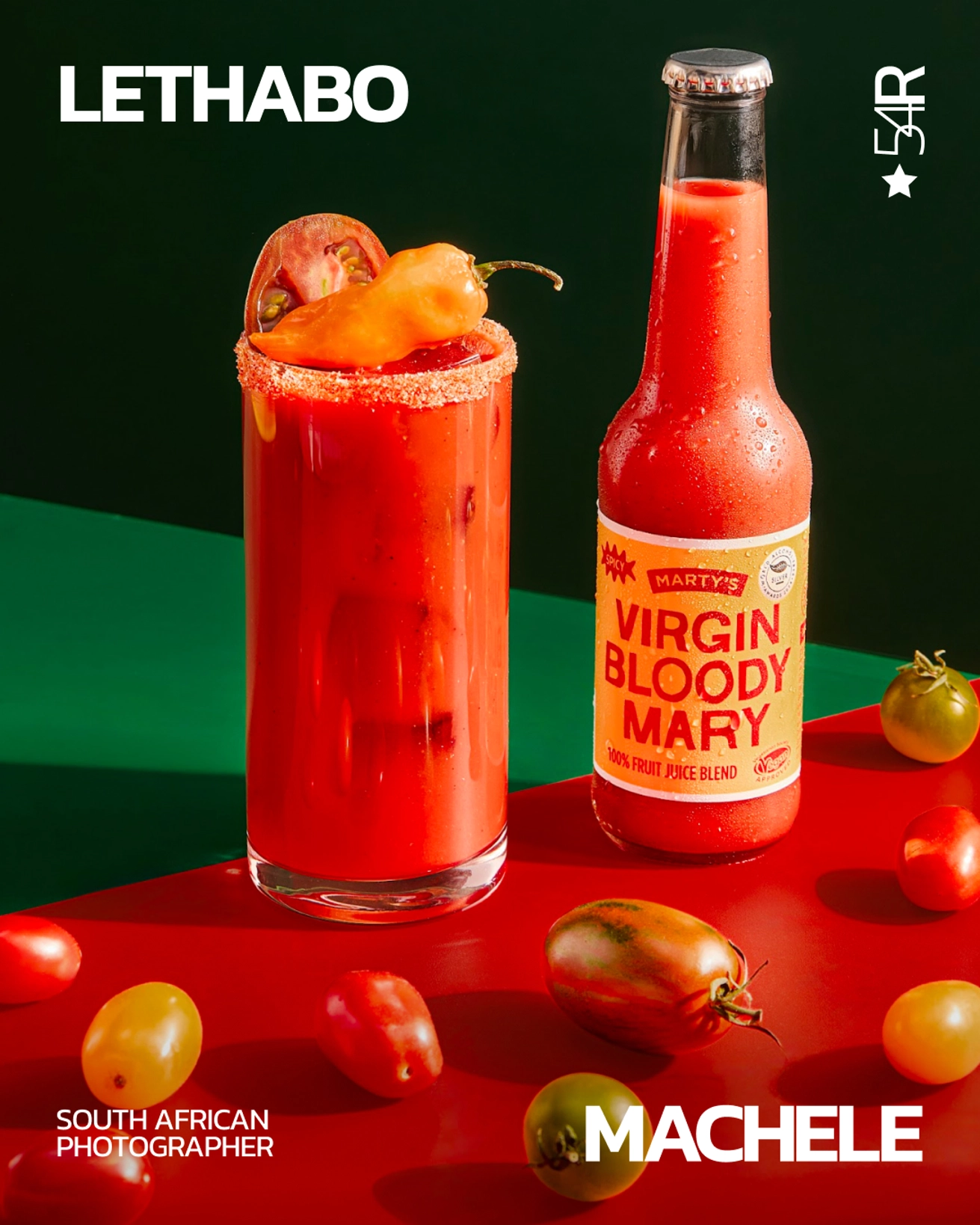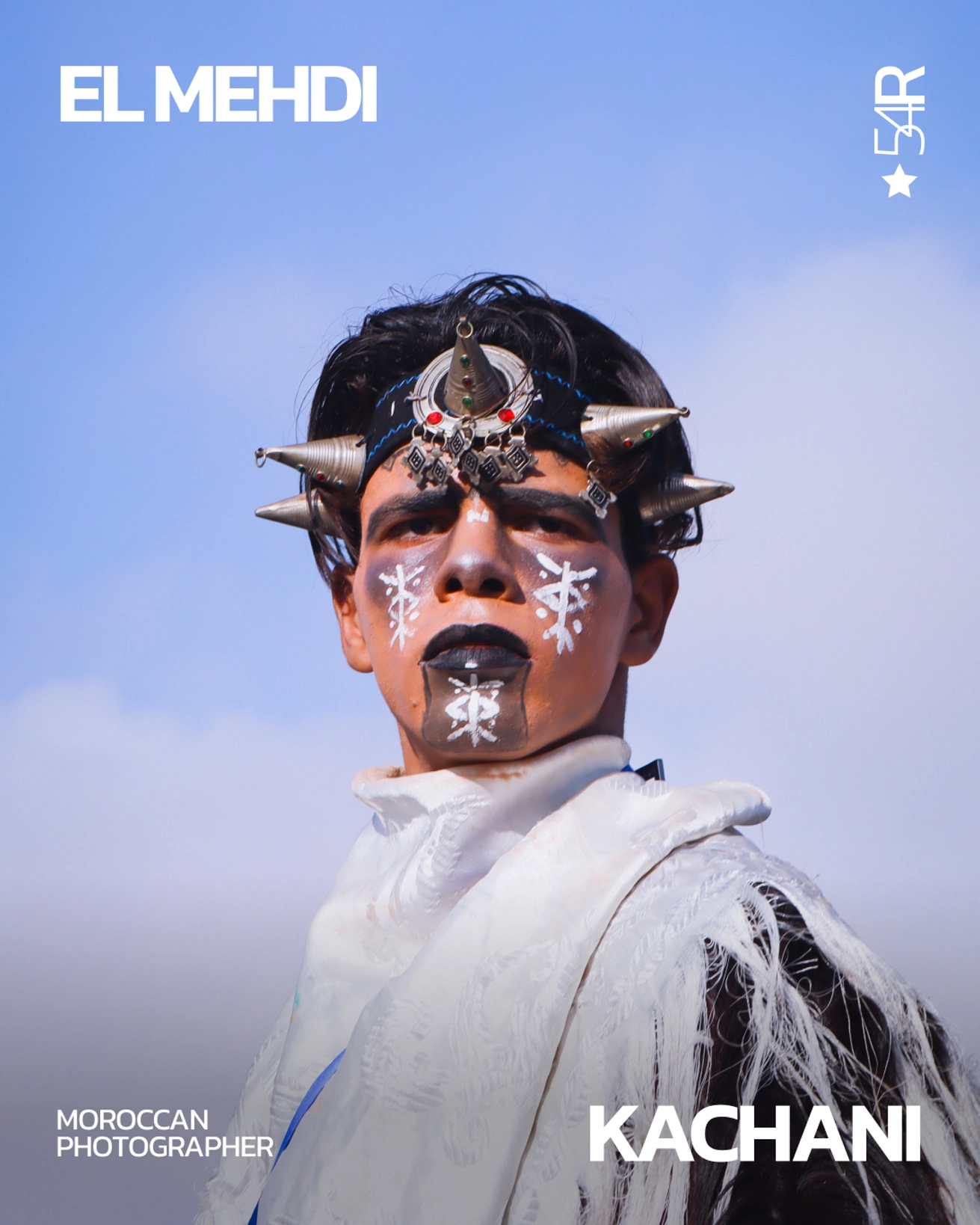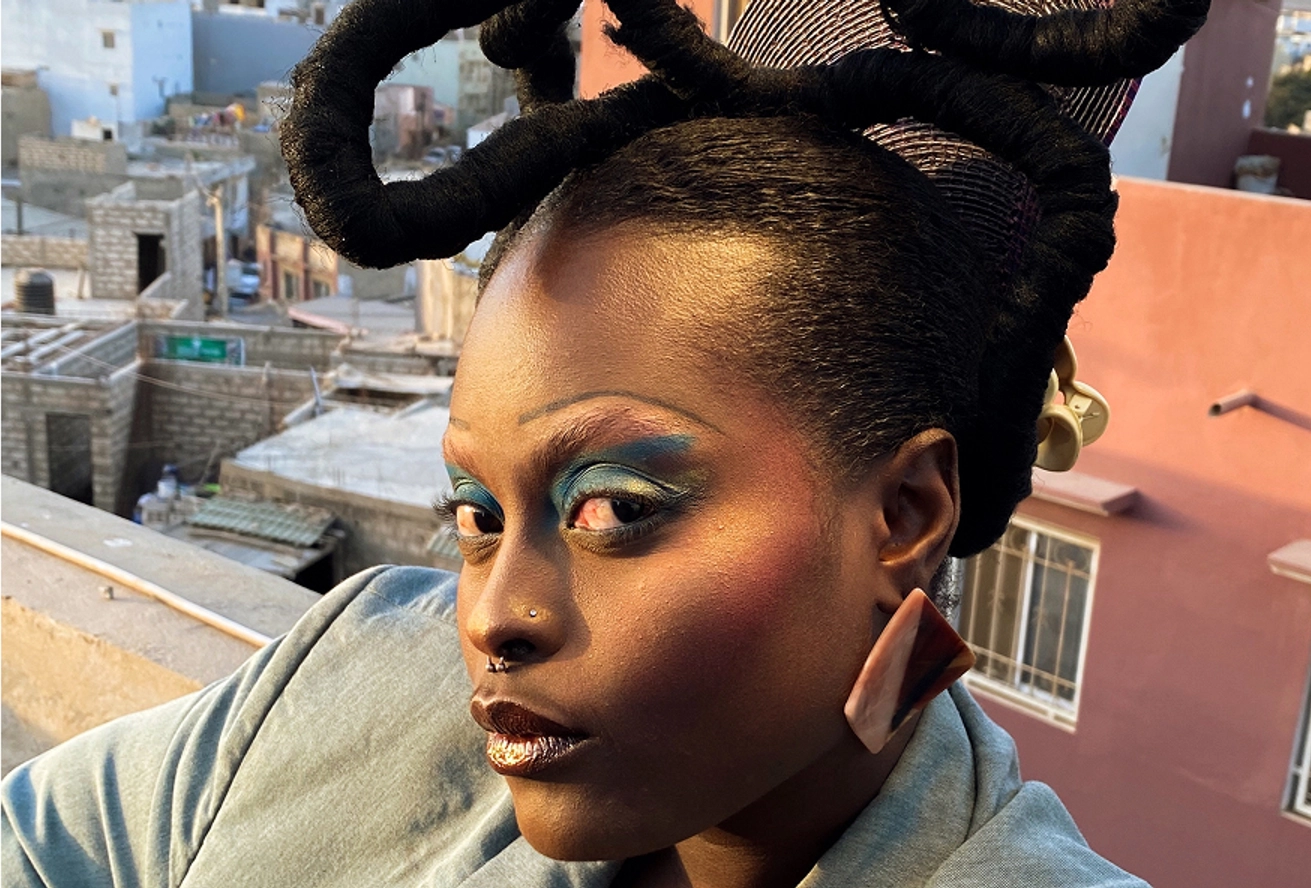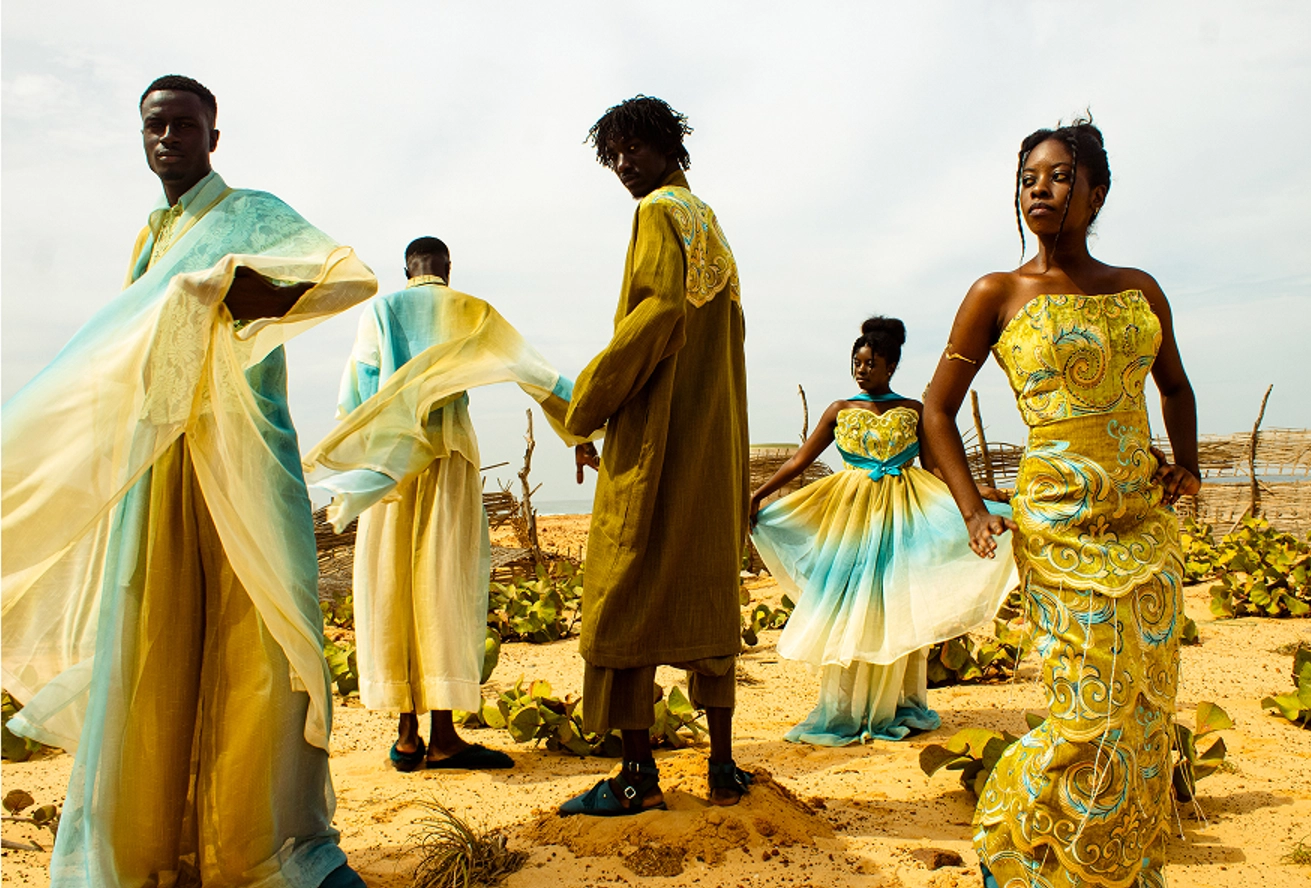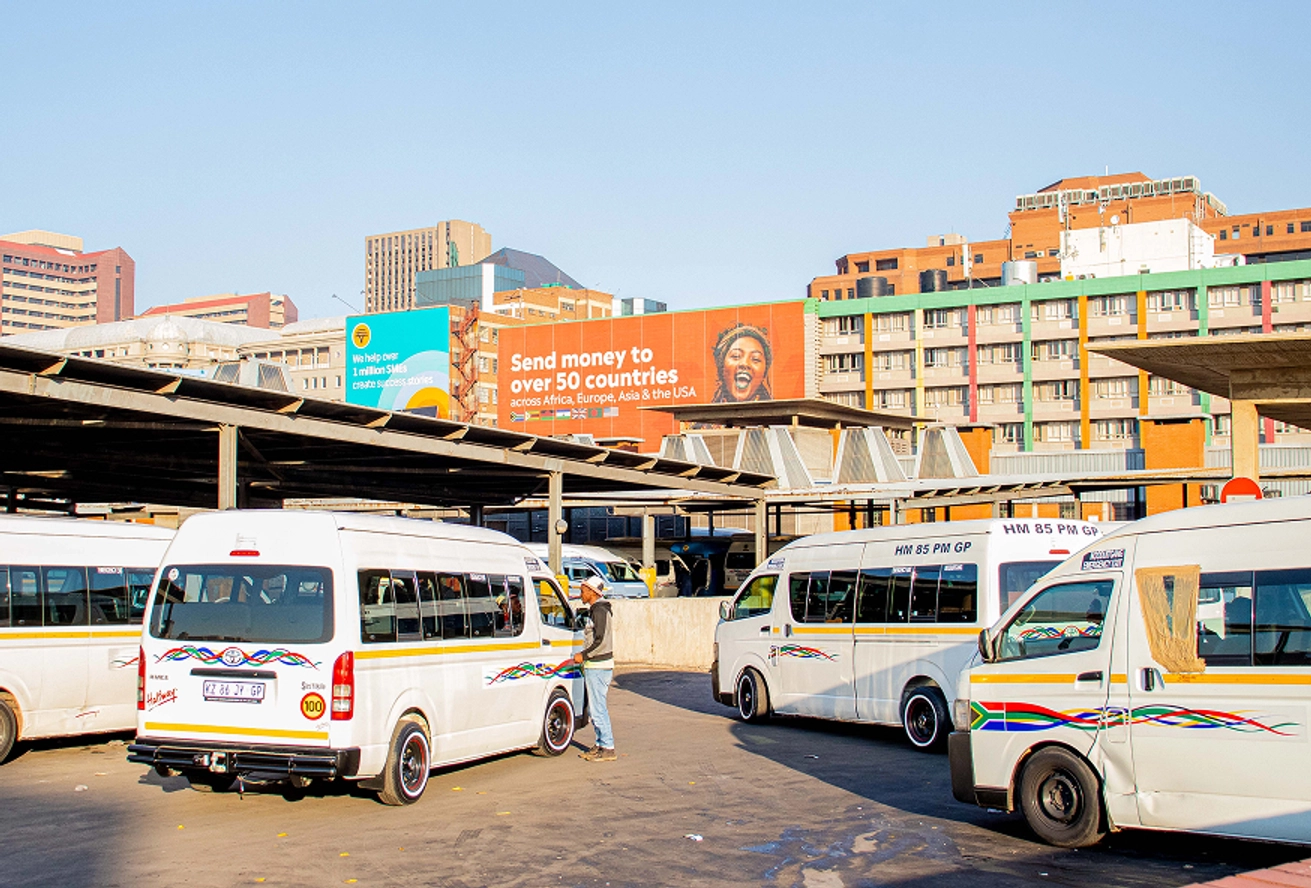Jérémie Azuelos is a French-Moroccan photographer based in Casablanca. His work explores the intersections of street, portrait and documentary photography that is driven by a deep interest in people, identities and shifting realities. What began as a hobby during his travels quickly became a calling. After buying his first professional camera, photography grew into a central part of his life, allowing him to listen to and narrate stories that might otherwise have gone unnoticed.
Jérémie Azuelos, street photographer based in Casablanca, Morocco

“Each photograph I take has the ability to convey a larger story, one that insists on being felt and interpreted in many ways.”

Jérémie Azuelos - French-Moroccan street photographer
How would you describe yourself in a few sentences?
Giving an answer to this will likely be more like an answer someone in love would give: they basically don’t have a rational answer - if they are being honest; they really don’t know. But they get to provide a rational response, however.
“I believe answers to the rest of the questions in this interview will give more insight into the person I truly am.”

How did you first get into photography?
It has never crossed my mind that I could ever take photography as a serious profession.
“I have always been interested in exploring different kinds of creativity, and photography was something that occupied my time during my travels."
I started very simple as a beginner and went ahead to capture the whole experience with my phone. After a while, photography became a major component of my life; therefore, I took things further and bought my first professional camera quite recently.


What type(s) of photography do you specialise in, and why did you choose this niche?
I specialise chiefly in portrait and documentary photography, with a massive interest in street photography. I was drawn to this niche because it is, in essence, a way of listening to life. Street photographers, to me, are like soldiers on the front line; we are documenting time and space that might cease to exist in a few years, or even a few months.
Language can fail us sometimes to tell our stories, but photographs are a very reliable narrator of our experiences. Over time, my photography style has shifted from basic documentation to something more intentional and expressive.
"Street photographers, to me, are like soldiers on the front line; we are documenting time and space that might cease to exist in a few years, or even a few months."

Can you share the underlying themes or ideas that drive your photography?
What drives my work are the currents beneath the visible - the resistance and resilience of identities, always shifting and never still. Through my photography, I want to redirect people’s attention to what exists just below the surface, to stories that might otherwise go unnoticed. People carry stories that slip through their expressions, their gestures, and their presence.
“My work doesn’t merely serve the function of representing those moments; it also provides an open space for communication and empathy.”
My work is an open invitation to see yourself in another person’s eyes. Each photograph I take has the ability to convey a larger story, one that insists on being felt and interpreted in many ways. That being said, I’m obsessed with taking photographs that reveal moments of vulnerability and strength.

What's the one achievement or moment in your photography career that you're most proud of?
One of the projects closest to my heart is “Hands of Morocco”, a visual series built around the universal theme of hands. A lot of sincere moments, all captured in Morocco. This visual project has led to some wonderful collaborations, creating a space where both sides can shine through their work and allow each other to experiment and try new ideas without judgment.
I’m extremely honoured that this project has helped me to do what I enjoy the most: giving people the opportunity to be seen and encouraging others to begin their own journey.


What's the biggest challenge you've faced as a photographer, and how did you overcome it?
At the start of my journey, one of my biggest challenges was confronting the assumptions we all inherit about ourselves, others, and the world around us that are not necessarily correct.
Photography has the ability to challenge those assumptions and alter our perception of whatever the case might be. Photography created a space for me to investigate these assumptions and to challenge them.
Another challenge was the constant pressure to find a balance between technical skills and emotional authenticity. We all desire to be precise at the very beginning of our journey.
Another challenge was the constant pressure to find a balance between technical skills and emotional authenticity. We all desire to be precise at the very beginning of our journey.
So, just like any other photographer, my mind was occupied with prioritising perfect composition, lighting, and technique, which sometimes made me miss the unfiltered moments. Now I prioritize empathy and presence over perfection.

If you could collaborate with anyone, who would it be and why?
It’s very hard to answer this question because I have pretty much enjoyed all the collaborations I’ve participated in. I truly don’t have a specific person in mind, but I do know with deep certainty that I would like to have the chance to collaborate with more artists, take on creative projects, and showcase my skills and passion.



What are your thoughts on the 54Ruum platform?
I think of 54Ruum as a very crucial and inclusive space that goes beyond merely showcasing visual art; it has a unique quality to nurture the stories and journeys of talented photographers. It would be a personal honor to have my work exhibited in this cultural archive, where it can reach and resonate with more souls.

How's the photography and art space in your country: how has it evolved in recent years?
I think there’s a rapid rise in the appreciation of art in Morocco. If I have to single out one city, I’d go with Casablanca, which I see as a city with wide potential for artists to explore their artistic talents. For instance, the American Arts Center is a great place where photographers can gather to learn from experts and share their work with others.
They have something I deeply appreciate: a photowalk nearly every Sunday, where beginners can learn and develop a community. I'd like to take this opportunity to thank the CommentDire team in Casablanca for giving emerging artists such as myself the chance to exhibit their work in their superb architectural venue.

If you could give one piece of advice to someone just starting their photography journey, what would it be?
You must be aware that rejection is part of this medium because we fail almost every day. The advice I can offer is: be patient, practice a lot, trust your intuition, and do not let rejection or failure get in your way.
“The bedrock of photography is the desire to learn about yourself and the world around you.”
SHARE THIS STORY
